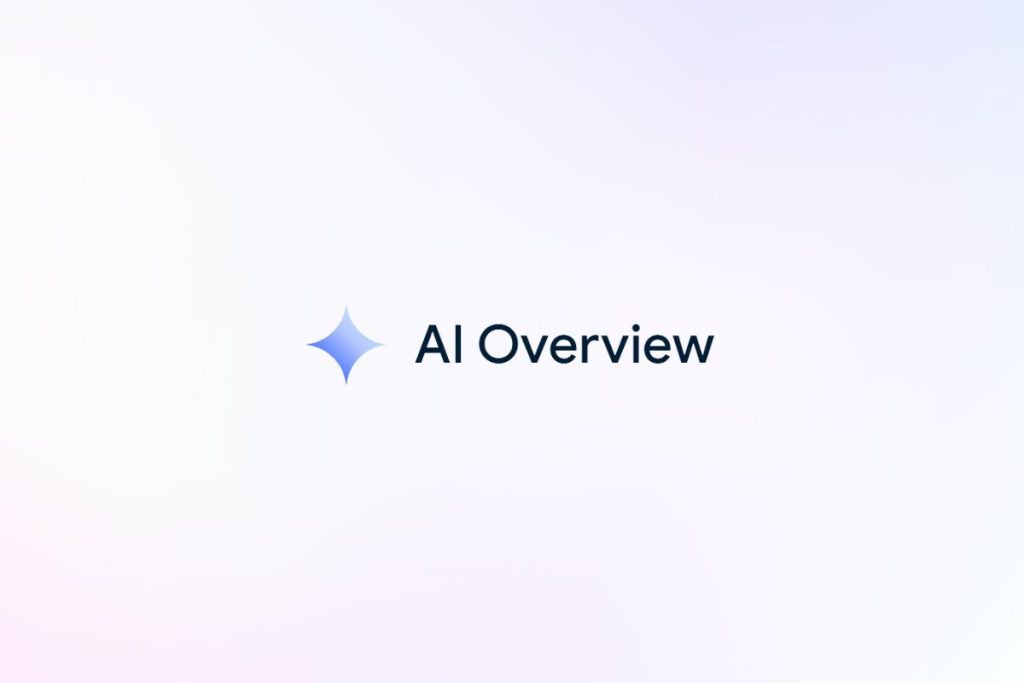Search for Artificial Intelligence: What is it, how it works, and its effect
Artificial Intelligence (AI) is no longer the concept of a distant future – this is a technique that is bringing revolution in industries, giving shape again, giving shape to the way we live, and change the way they operate businesses. But what is really AI? Let’s dive into this attractive field to understand your origin, how it works, and it is affecting our world.
What is Artificial Intelligence?
Artificial intelligence refers to the ability of machines to perform tasks that usually require human intelligence. These tasks include learning from data, recognizing patterns, understanding the natural language and solving even problems. Essentially, the AI systems are designed to mimic human cognitive functions, but they can often process the vast amounts of data more efficiently than the human brain.
There are two primary types of AI:
Narrow AI (weak AI): This type of AI is designed for a specific function or a set of functions. It acts a narrowly defined acting such as facial identification, voice assistants (eg, Siri, Alexa), and self-driving cars. Narrow AI is the most common form today.
General AI (Strong AI): It is still largely theoretical and refers to an AI that can make any intellectual work a human. General AI will have the ability to think, causes, and different types of domains, such as humans do.
How does AI work?
AI operates using complex algorithms, mathematical models and large amounts of data. Learning (ML), an AI’s most of AI, plays a major role in how AI learns the system. ML algorithms analyze patterns in data and make predictions or decisions without human intervention. Here is a simplified look of how the process works brain:
Data Collection: AI system is fed a large amount of data – whether pictures, text, video, or numerical data – depending on the work in the hand.
Data processing: AI uses a machine learning algorithm to identify patterns, trends and correlations in data.
Learning: With the help of training dataset, the AI system learns how to improve its predictions and accuracy over time.
Decisions: Once trained, AI can take a decision based on its learned experience, allowing it to perform the functions autonomously.
AI application in industries
The effect of AI is widespread and spreads in almost every industry. Some notable examples include:
- Healthcare: AI disease detection, robot surgery and future analysis for individual medicine are changing healthcare through innovations. AI-powered clinical equipment are rapidly enabled and more accurate results.
- Finance: AI is used in fraud detection, algorithm trading and credit scoring, helps financial institutions to streamline operations and reduce risk.
- Customer Service: AI -run virtual assistants and chatbots are improving customer experience by offering immediate reactions, personal recommendations and 24/7 availability.
- Transport: Autonomous vehicles, such as self-driving cars and drones, rely greatly on AI to make real-time decisions based on environmental data.
- Entertainment: Use AI to recommend shows, movies or music to conform to personal preferences such as Netflix and Spotify.

Benefits of AI
Efficiency: AI can process the vast amount of data more rapidly and accurately than humans to increase productivity.
Cost reduction: automated functions with AI can reduce operations in businesses by reducing the requirement of manual labor and improving the accuracy of decision-marketing.
Innovation: AI promoted innovation in technology, creating new products, services and solutions in various industries.
Challenges and moral thoughts
While AI provides incredible opportunities, it also brings challenges, especially in areas such as morality, prejudice and displacement of jobs.
Prejudice in AI: AI systems can get bias from data on which they are trained, which can lead to slanting results in areas such as hiring or law enforcement.
Privacy concerns: AI systems often rely on large amounts of personal data, raising concerns about how data is stored, used and preserved.
Job Automation: As AI automates the functions, it enhances concerns about job loss and growing the need to develop workers is growing job market friendly.
Future of AI
The future of AI is incredibly exciting and is full of possibilities. We are likely to see continuous progress in various fields such as education, smart cities and environmental stability in natural language processing (NLP), deep learning and AI integration.
In the near future, AI can become an even more integrated part of daily life, from personal shopping experiences to highly sophisticated healthcare solutions that guess our needs. With continuous innovation, AI will continue to shape how we live and work, changing the world in ways that we can only begin to imagine.


